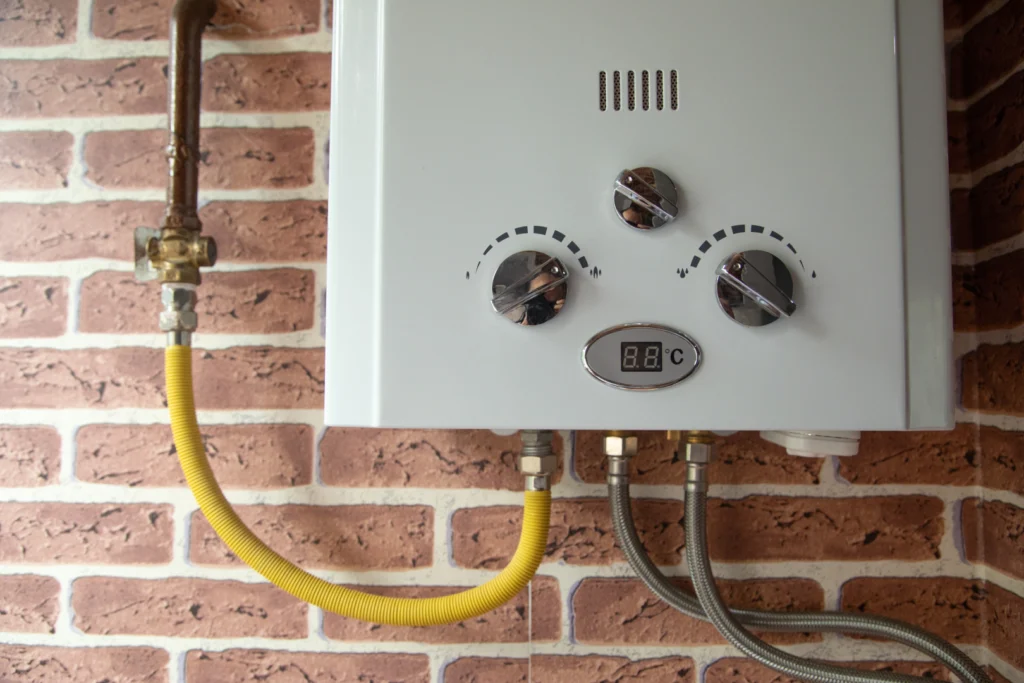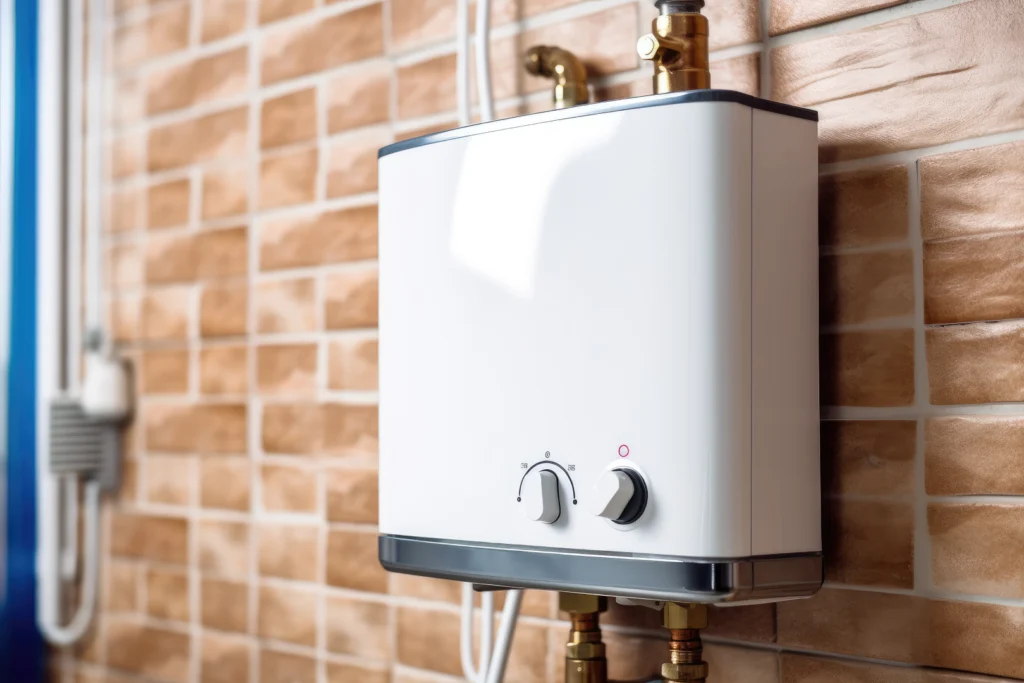
Think about your regular water heater for a second. Go on, I’ll wait. It’s probably tucked away in a basement, garage, or closet, quietly doing its job. We only really notice it when something goes wrong.
Understanding why regular water heater service is important is about protecting your home, saving money, and ensuring peace of mind. Let’s talk about what really happens when you make maintenance a priority.
Why You’ll Thank Yourself Later: The Real Perks of Maintenance
A well-maintained regular water heater doesn’t just work; it thrives. It rewards your diligence with performance you can feel and see on your bills.
- You’ll Keep That Appliance for Years Longer
Let’s be honest, a regular water heater is a major purchase. You want it to last. While everything has a lifespan, neglect shortens it dramatically. Think of maintenance like changing the oil in your car. You do it to prevent a catastrophic engine failure. Proactive care for your regular water heater works the same way. Catching a small leak early or replacing a cheap part called an anode rod prevents the kind of internal damage that leads to a full-blown tank failure. This consistent care is your single best strategy for getting every possible year out of your investment.
- Say Goodbye to Surprise Cold Showers
Nothing ruins a morning faster than a blast of cold water. Sediment buildup is often the culprit. It doesn’t just waste energy; it actually reduces the amount of hot water your tank can hold and can clog your pipes. Regular water heater service cleans everything out, ensuring all components work in harmony. This means you get every gallon of hot water you paid for, exactly when you need it. The reliability is worth its weight in gold.
So, What Actually Happens During a Service Call?
It’s helpful to know what you’re paying for. A thorough service is a multi-step inspection and tune-up.
A technician arrives and gets right to work. They start by looking at the anode rod, that unsung hero inside your tank that sacrifices itself to corrosion so the tank lining doesn’t have to. If it’s mostly gone, they swap it for a new one. Then, they connect a hose and drain the tank, flushing out all the sediment that has settled on the bottom. You wouldn’t believe the gritty, cloudy water that comes out.
Next, they test the temperature and pressure relief valve by lifting the lever to make sure it operates smoothly, a critical test for safety. They do a visual scan of the tank and all its connections, looking for any tiny leaks or signs of rust.
For gas units, they inspect the burner chamber and the venting to ensure there are no obstructions. Finally, they check the thermostat setting, making sure it’s at a safe and efficient 120 degrees Fahrenheit. It’s a comprehensive process that covers all the bases.

Listen to Your Water Heater: It’s Trying to Tell You Something
Even with annual check-ups, things can happen. Your system will usually give you warning signs before it gives up. Learn its language.
Is the hot water from your taps looking a bit rusty or brown? That’s a classic cry for help, signaling internal corrosion. Do you see a small puddle of water around the base of the unit? Don’t ignore it. That’s a clear sign of a leak that needs immediate professional attention. What about noise?
This points to sediment taking up space or a heating element on its last legs. And if the water just isn’t getting as hot as it used to, your thermostat or heating mechanism is likely failing.
Conclusion:
Making the call for regular water heater service is a small, smart decision. It’s the difference between being in control and being at the mercy of an old appliance. It guarantees comfort, ensures safety, and saves you significant money over time. Don’t wait for the cold water to tell you what to do.
Frequently Asked Questions
Discover the benefits of a regular water heater for reliable hot water. Get expert installation and maintenance—upgrade your home comfort today!How often should I get my water heater serviced?
Most professionals will tell you once a year is the sweet spot. If you know you have very hard water, which causes more sediment, considering a check every six months is a wise move.
Is this something I can do myself on a weekend?
You can certainly do some basic things, like a visual inspection for leaks. But the full process of draining, flushing, and checking gas is best handled by a trained technician for your own safety.
What’s the one thing I should never skip in maintenance?
Flushing the tank is huge for efficiency. But replacing the anode rod is what truly saves the tank itself from rusting out from the inside. They are both vital.
My water heater is making a rumbling noise. What is that?
That’s the sound of sediment. Water gets trapped under the hardened mineral layer at the bottom of the tank, overheats, and finally bubbles up through the sediment, creating that rumbling or popping sound. It’s a sure sign your tank needs a flush.
What’s a realistic lifespan for my unit?
You can generally expect 8 to 12 years from a standard tank model. With truly consistent and regular water heater service, I’ve seen them last 15 years or even longer.
Do I need to flush a brand-new water heater?
It’s not required right away, but starting an annual flushing routine after its first birthday is a fantastic habit that will keep it in top shape from the very beginning.
What exactly is an anode rod?
Think of it as a bodyguard for your tank. It’s a metal rod that attracts all the corrosive elements in the water. It corrodes itself instead of the steel lining of your tank, sacrificing itself to protect the expensive part.
I have absolutely no hot water. What now?
First, check the obvious. Is the circuit breaker tripped for an electric model? Is the pilot light out on a gas model? If those are fine, it’s likely a failed heating element or a more serious issue, and it’s time to call a pro.
Why is my hot water coming out rusty?
If the rusty water is only coming from the hot side taps, the culprit is almost certainly inside your water heater tank. The interior is likely corroding.
What temperature should my water heater be set to?
120 degrees Fahrenheit is perfectly hot for all your needs, it significantly reduces the risk of scalding, and it saves you money on your energy bill.